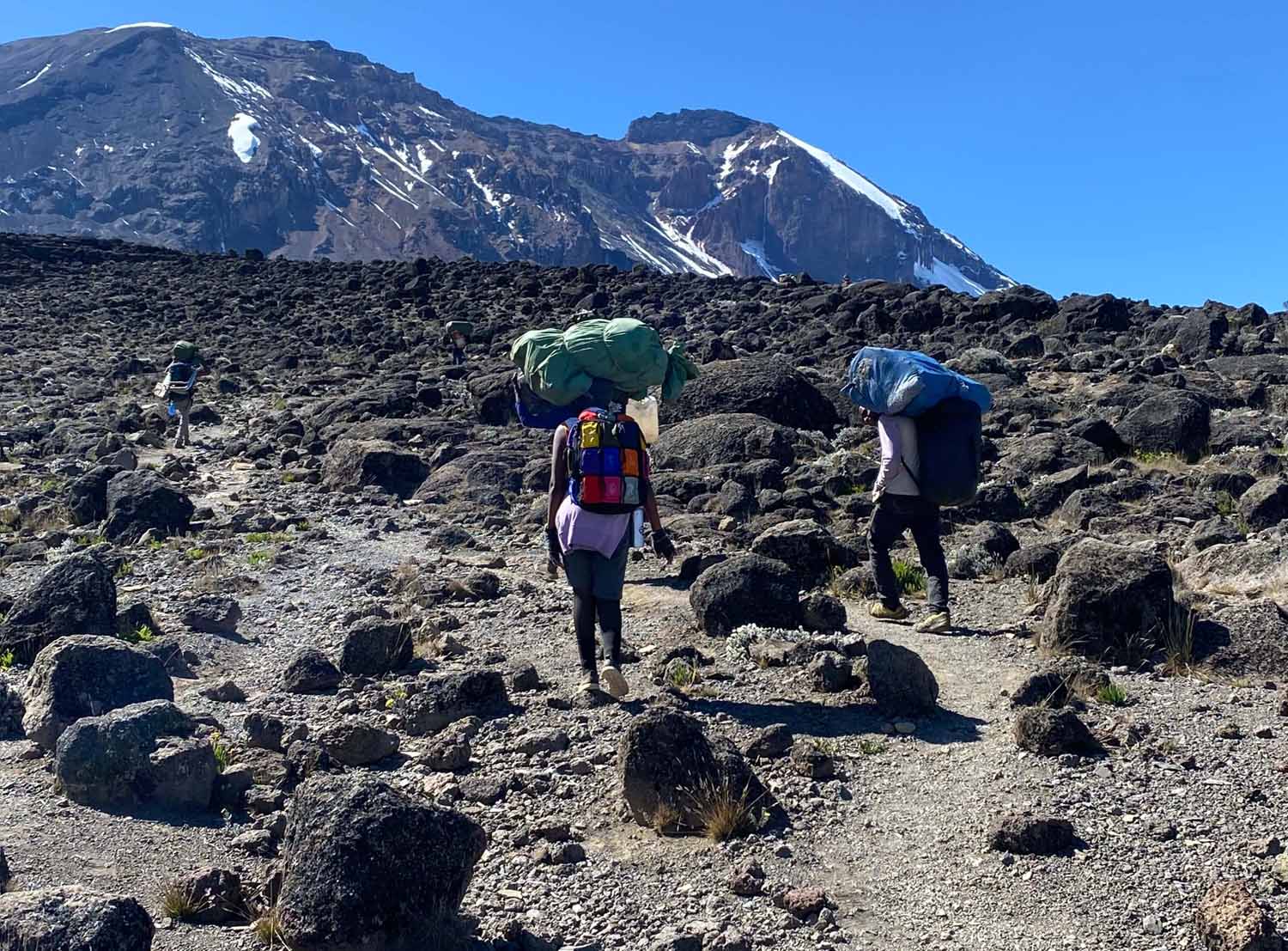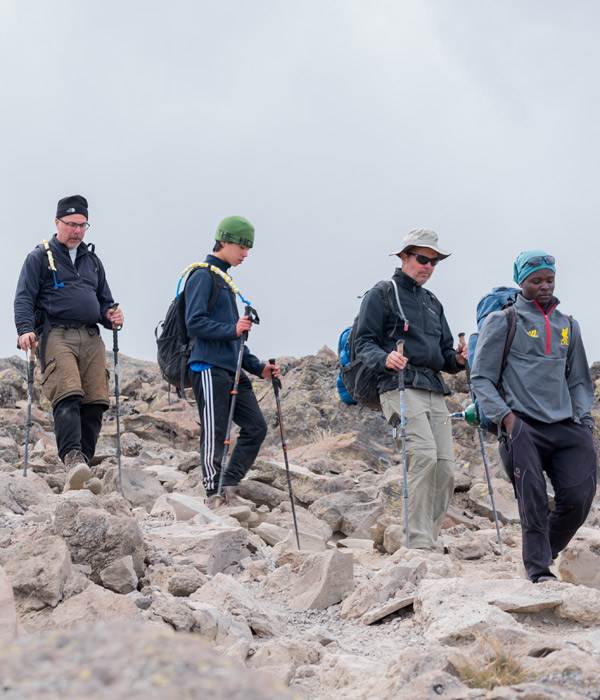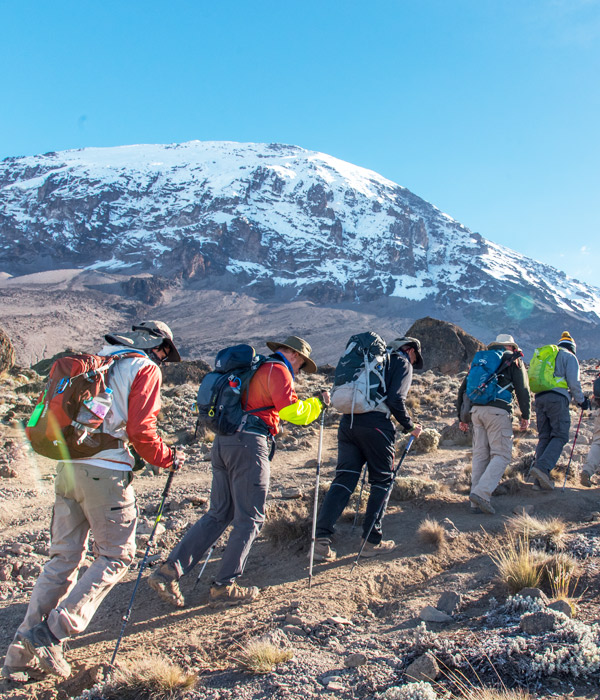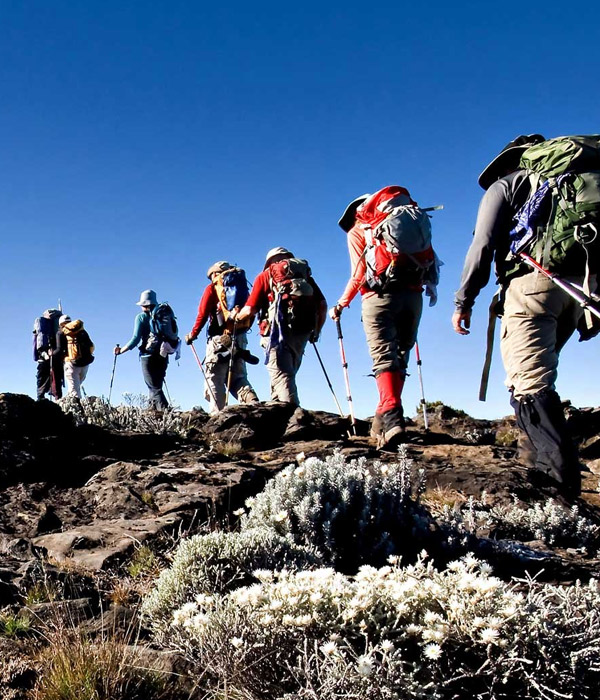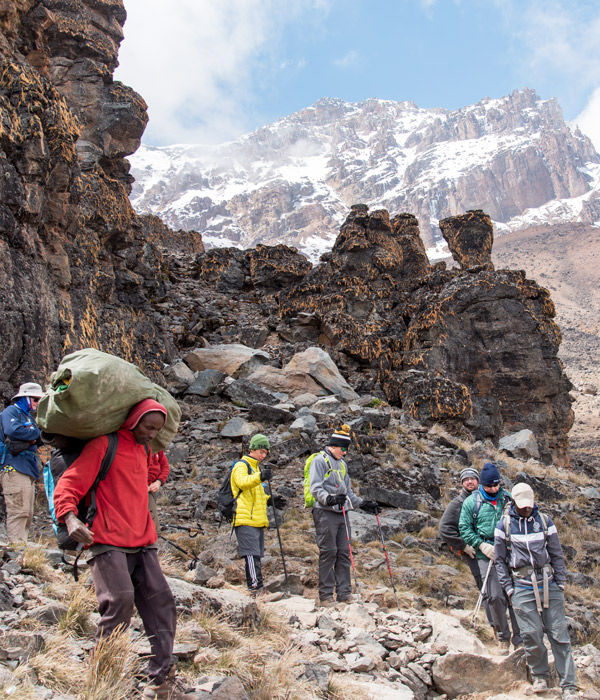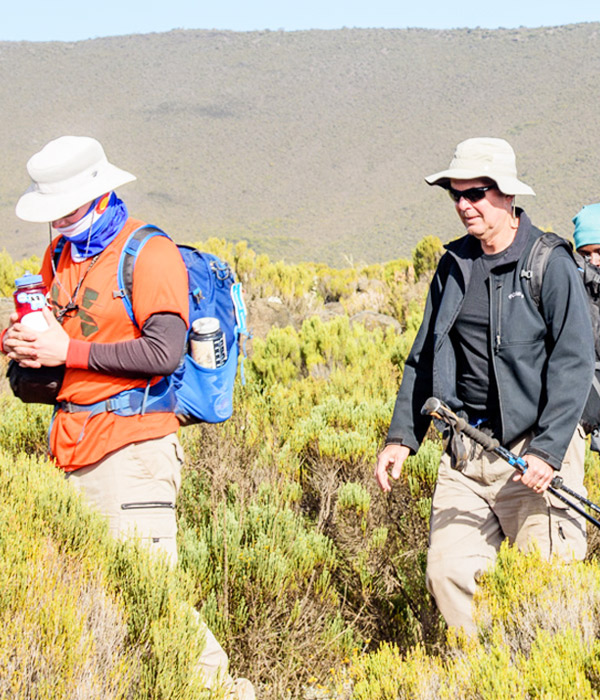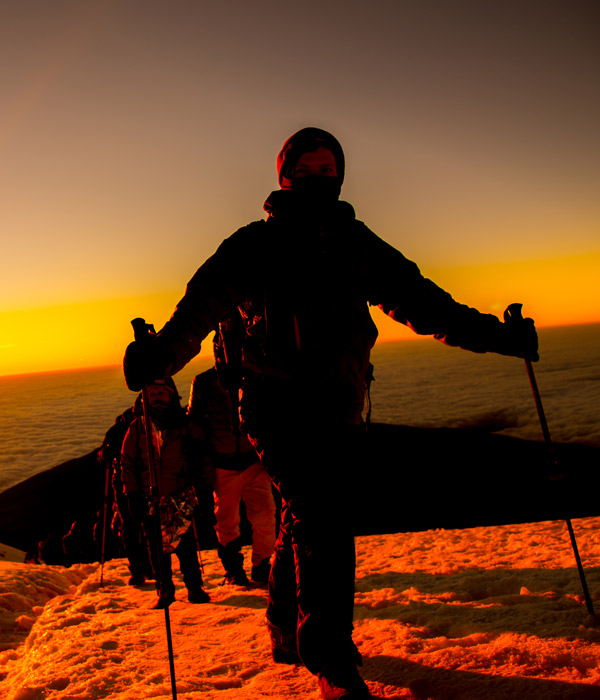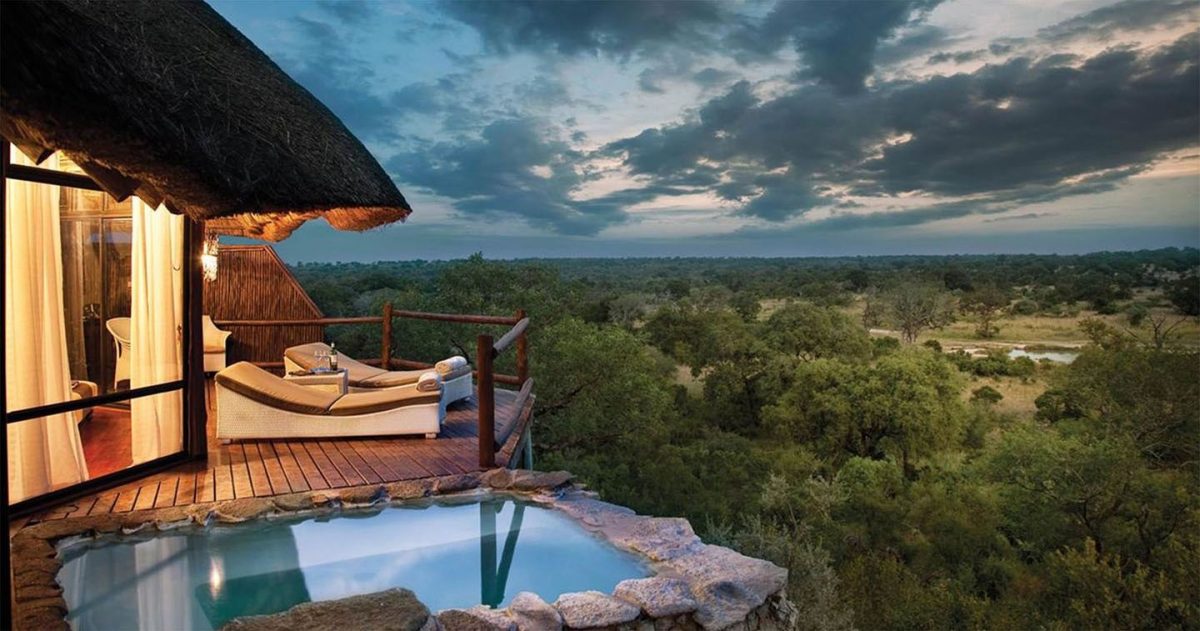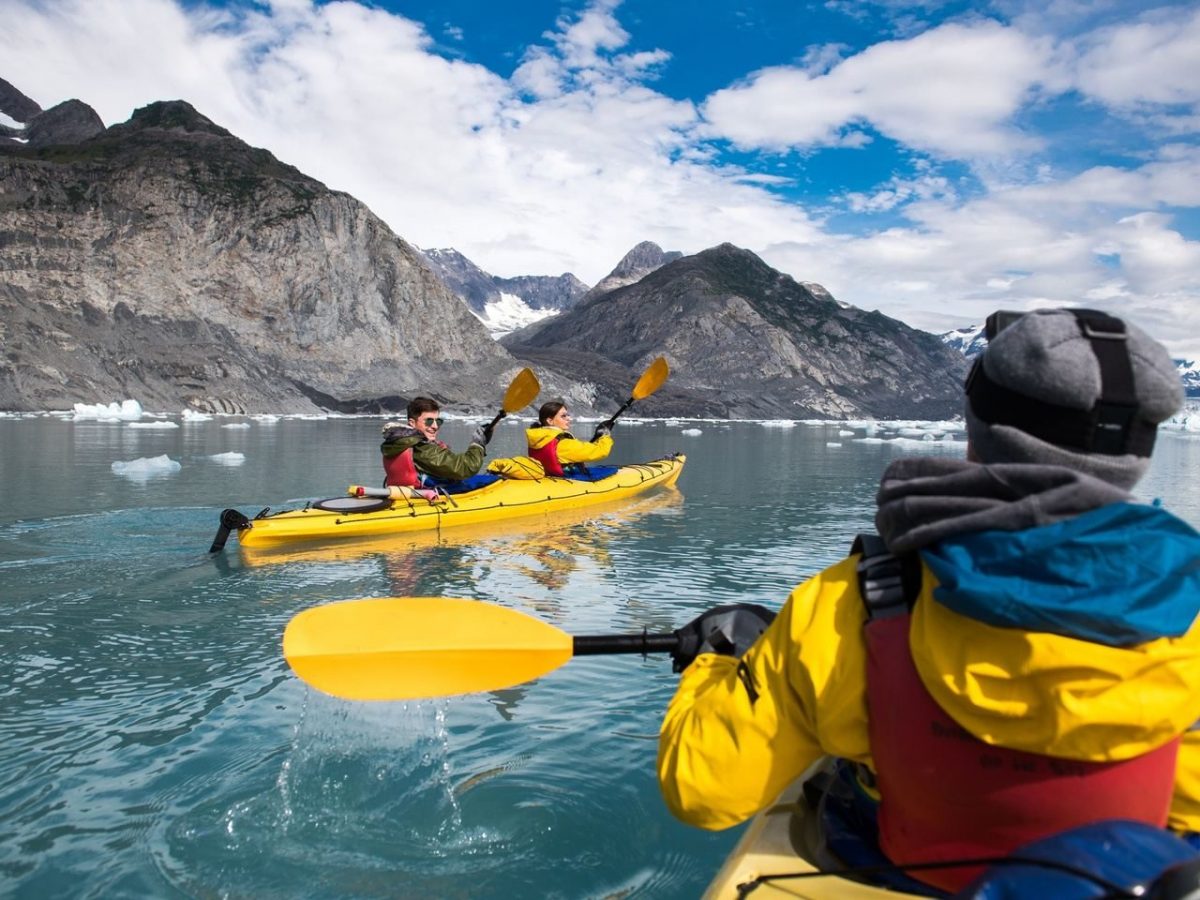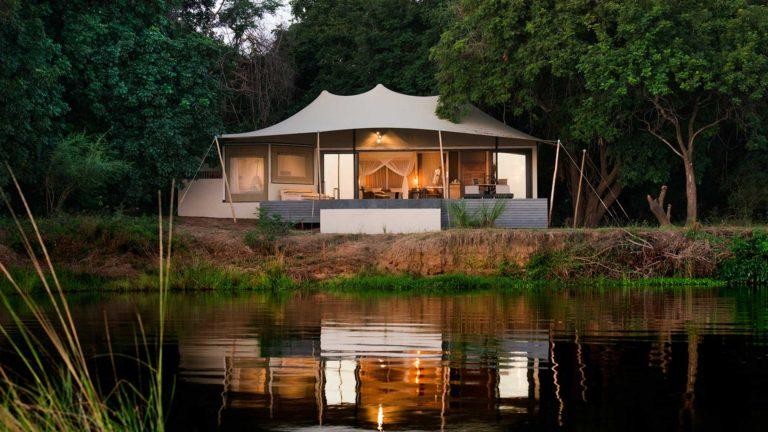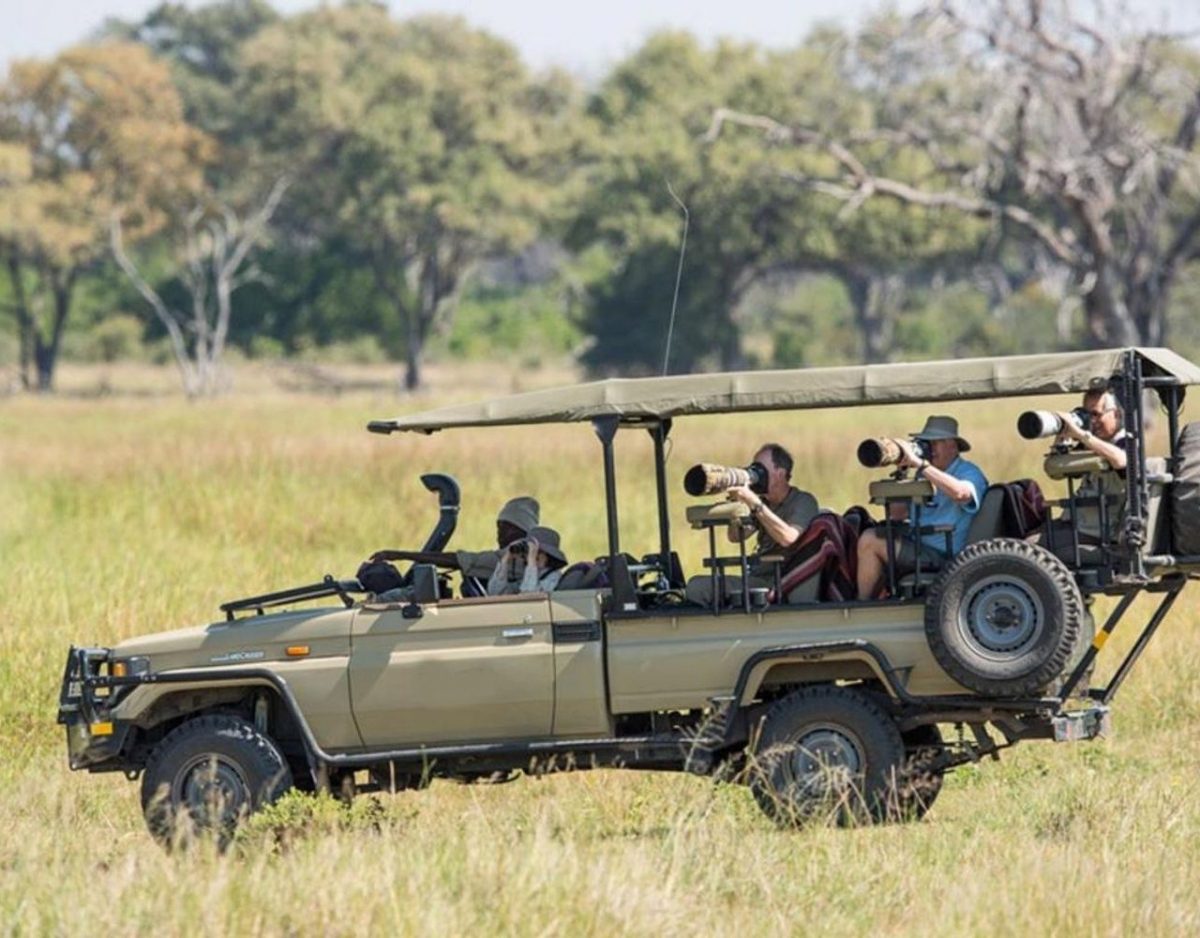Kilimanjaro Porters
Climbing Kilimanjaro is an outstanding achievement that is impossible without the help of your porters and guides. As you limp up the mountain, willing your legs not to give out on you, your porters rush by, laden with heavy packages, so they can get everything set up for you by the time you roll into camp.
The life of a porter isn’t easy, and virtually every trekker that goes up Kilimanjaro returns with a healthy sense of respect and even awe for this grueling job. The best way to show appreciation for these hard-working people is to climb with a company that treats them right. Kilimanjaro Porters and Guides have a significant role in making your Kilimanjaro summit successful.
The porters range from 18 years of age to 40 years of age. Kilimanjaro Porters are the best and hardest working mountain climbing crew and are only sometimes employed permanently. Kilimanjaro tour operators have the best team of porters that help a lot of travelers with climbing. However, most of the porters freelance.
The porters walk to the national park gate daily, where many budget operators pick them up the porters. The average ratio of porters per climber is 2-3 porters. The general rules of Kilimanjaro Porters is the more significant number of trekkers, the less porter per person required.
If you take the Marangu route, you will not require more porters, and you can get away with about two per trekker and less if the group is significant because the Marangu Route has huts and no tents.
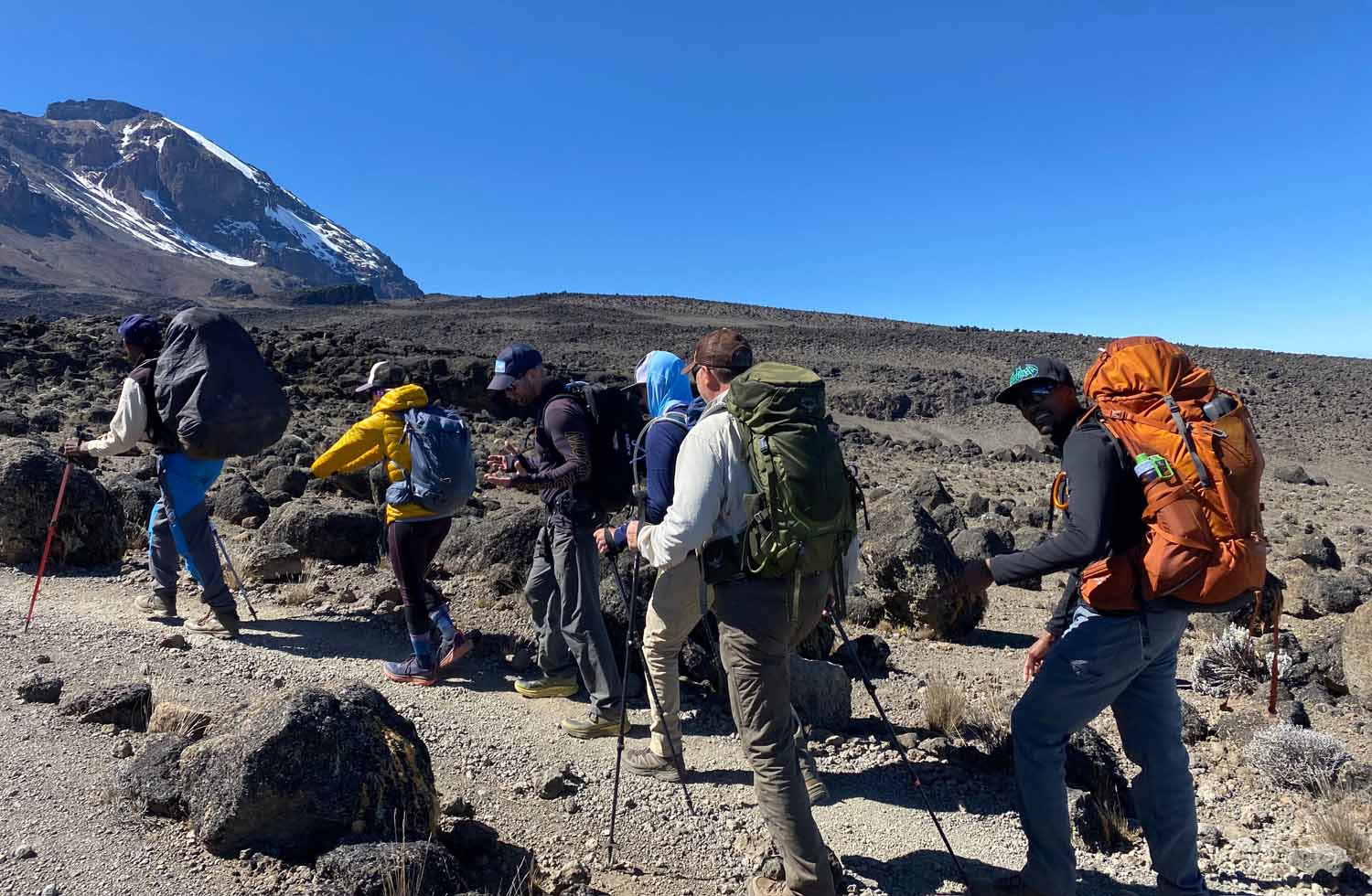
How Many Kilimanjaro Porters Do You Need?
There are often two to three porters for every climber. The usual rule for Kilimanjaro porters is that the fewer porters needed per trekker, the greater the number of trekkers. Because the Marangu Route uses huts rather than tents, you will only need so many porters and can get away with using two or fewer per trekker if the company is significant.
Two to three porters are typical on other routes where tents are required because they must climb Mount Kilimanjaro carrying all of the tent’s supplies.
Weight Limit for Kilimanjaro Porters:
While climbing Mount Kilimanjaro, each hiker is given a porter to transport their duffel bag from one camp to the next camp. You should be informed that each hiker’s gear must not exceed the Kilimanjaro Porter Weight Limit of 15 kg (32 lbs) per duffel bag. Your clothing, sleeping bag, and other items will be inside the duffel bag; your food, tent, sleeping mat, and other things are not included in the weight restriction.
Since the porter carries the duffel bag on their heads and shoulders, a soft, waterproof one is preferred. Instead, a backpack may be brought with smooth sides and no rigid metal frames. There are certain porters who want to carry heavier loads than necessary, so be careful to refrain from encouraging them.
About Kilimanjaro Porters Assistance Project:
The Kilimanjaro Porters Assistance Project, a Tanzanian not-for-profit organization, was founded in 2003. KPAP’s primary objective is to enhance the working conditions for Kilimanjaro Porters. KPAP does not charge porters or climbing businesses fees and is not a porter membership club or trip operator.
The International Mountain Explorers Connection (IMEC), a 501 (c) 3 nonprofit organization with headquarters in Boulder, Colorado, in the United States, is the organization behind KPAP.
Keep enough local currency on you so that you may adequately appreciate the porters’ efforts as they help make your climb successful and pleasant by carrying your bags. Make Porter Gift Arrangements Successful summits of Kilimanjaro are the prizes.
Porters’ performance and the rules established by the trekking companies will determine how much you should tip them on Mount Kilimanjaro. You must give the porters a minimum amount of money and may provide more if you choose to. You can see the Climb Kilimanjaro Guide for tips.
Everyone climbing Mount Kilimanjaro knows that porters are essential to the mountain’s success. Many climbers might need to learn that porters work in hazardous conditions and with subpar tools and pay.
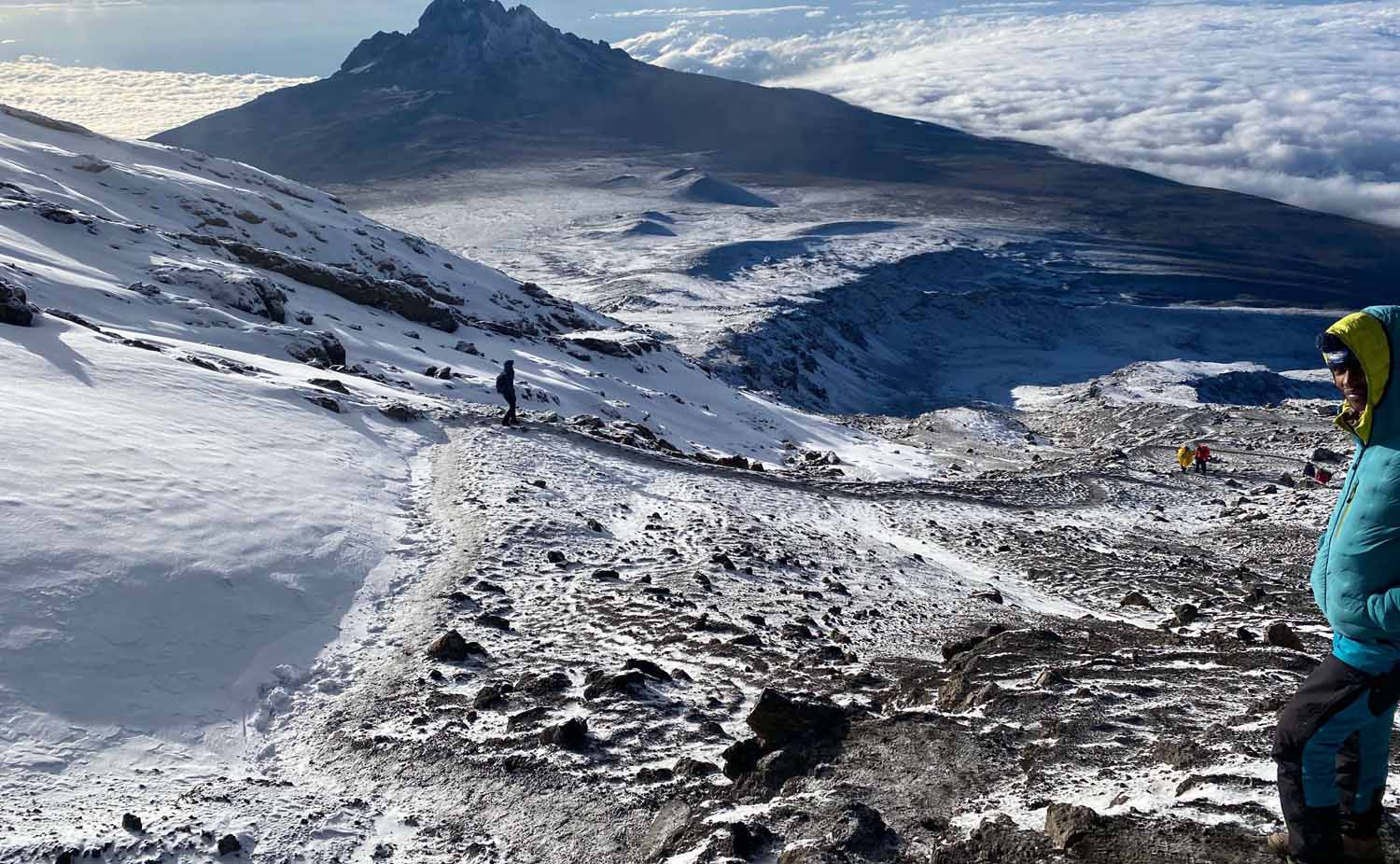
The goal of KPAP is to enhance the porters’ working conditions through:
- Giving porters full access to mountain gear
- Promoting equal pay and ethical business practices for all companies while ascending Kilimanjaro
- Encouraging mountaineers to choose a climbing outfit that treats its workers with respect
- Providing the mountain crew with educational possibilities
- Our crew members and Kilimanjaro Porters are very amiable, trustworthy, and committed to providing the best services to Kilimanjaro.
Best Route To Climb Kilimanjaro
Kilimanjaro is a challenging mountain with many different routes to choose from. But, with Good Earth
Expedition, your difficult route can be easy and enjoyable!
Best Place Destinations
We provide some very affordable prices compared to others.

